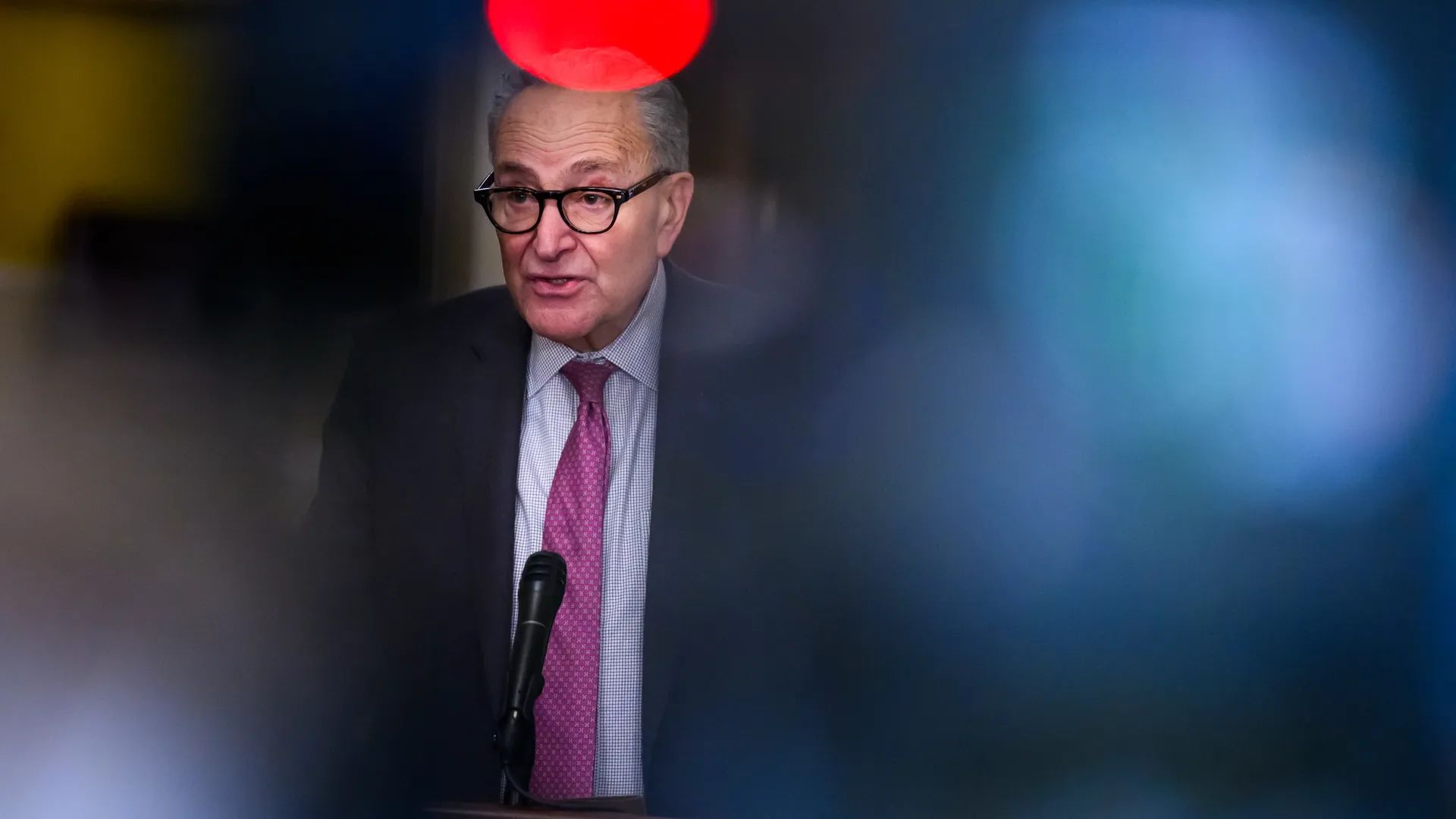Senate Minority Leader Chuck Schumer is facing open anger from within his own party after the government shutdown ended without delivering key Democratic priorities, especially the extension of enhanced health insurance tax credits under the Affordable Care Act. Members of Congress, progressive groups, and activists accused Schumer of poor strategy and weak leadership throughout the negotiations.
Democrats had insisted for weeks that the shutdown gave them leverage to win policy concessions. Instead, the government will reopen after a narrow Senate vote that left those priorities unresolved. The compromise included only a vague commitment to hold a future vote on the health care credits, which many Democrats immediately dismissed as meaningless.
The frustration poured out quickly. Liberal lawmakers told reporters that the outcome was a failure of both strategy and communication. One House Democrat called it “an awful deal and a total failure to use leverage for anything real.” Vermont Representative Becca Balint was even more direct, saying, “people need healthcare, not a promise about a possible vote.”
Activists and party figures joined in the criticism. Some argued Schumer should step aside as party leader, calling the deal “a colossal leadership failure.” Others accused him of losing control of his caucus or misleading colleagues about the endgame. Even more centrist Democrats privately admitted they felt blindsided, saying they had followed Schumer’s lead only to end up with no meaningful policy win to show for weeks of shutdown pain.
The episode has exposed the deepest leadership crisis of Schumer’s tenure. Political observers noted that progressives have grown increasingly vocal about replacing him, while moderates are frustrated by his inability to unify the party around a single plan. Yet, for all the anger, Democrats have little choice but to keep him in place. Whether it’s Pelosi or now Schumer, Democrats seem stuck with legacy leadership, leaving the party’s left-wing base unhappy.
Schumer is not up for reelection until 2028, and no clear successor is waiting in the wings. Replacing him would require a majority vote within the Senate Democratic caucus—something that would demand both organization and a credible alternative, neither of which currently exists. That reality leaves many Democrats resigned to staying the course, even as they vent privately about his leadership.
Behind the scenes, lawmakers are trying to move on, but the damage lingers. The shutdown fight was supposed to be a moment of unity and resolve. Instead, it revealed deep divisions and a leader who could not keep his caucus together when it mattered most.
Schumer may survive this latest controversy, but the rift inside his party is clear. Democrats are furious at him, but they’re stuck with him.
